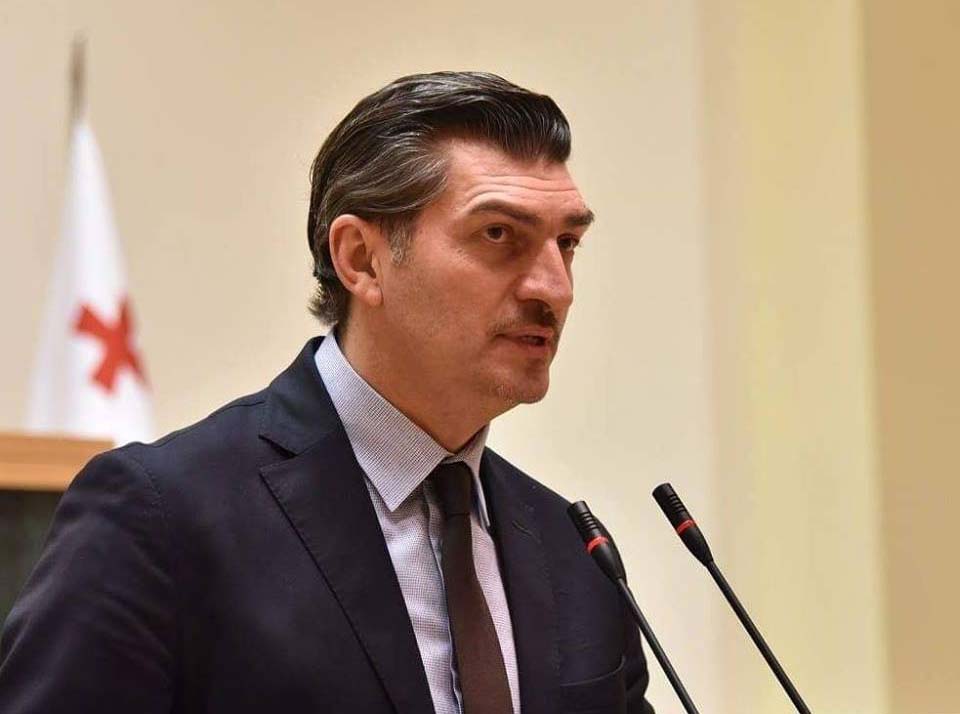Georgia’s political crisis intensifies as former Manchester City footballer Mikheil Kavelashvili prepares to assume the presidency Saturday amid widespread pro-EU protests and international condemnation of the ruling Georgian Dream party’s increasingly authoritarian actions.

The controversial appointment follows 16 days of nationwide demonstrations triggered by the government’s decision to postpone EU accession negotiations until 2028. Kavelashvili, 53, stands as the sole candidate before a parliament boycotted by four major opposition parties who contest October’s election results as fraudulent.
Outgoing President Salome Zourabichvili has denounced the election as illegitimate, while Prime Minister Irakli Kobakhidze has dismissed her concerns, asserting full control over state institutions. The crisis has sparked daily protests in Tbilisi, with demonstrators bearing EU flags demanding fresh elections.
Transparency International reports over 460 detentions across Georgia in the past two weeks, with allegations of torture and mistreatment affecting more than 300 individuals, including media personnel. The international community has responded strongly, with the US implementing visa restrictions on Georgian officials and the EU preparing to consider measures against the government.

Kavelashvili, founder of the anti-Western People’s Power party, has accused opposition groups of acting as foreign-directed “fifth columns.” His appointment through a 300-member electoral college of ruling party loyalists is expected to trigger increased protests across the country.
The crisis highlights growing concerns about Georgia’s democratic backsliding under Georgian Dream, founded by billionaire Bidzina Ivanishvili, with critics accusing the party of steering the country toward Russian influence despite constitutional commitments to EU integration.



